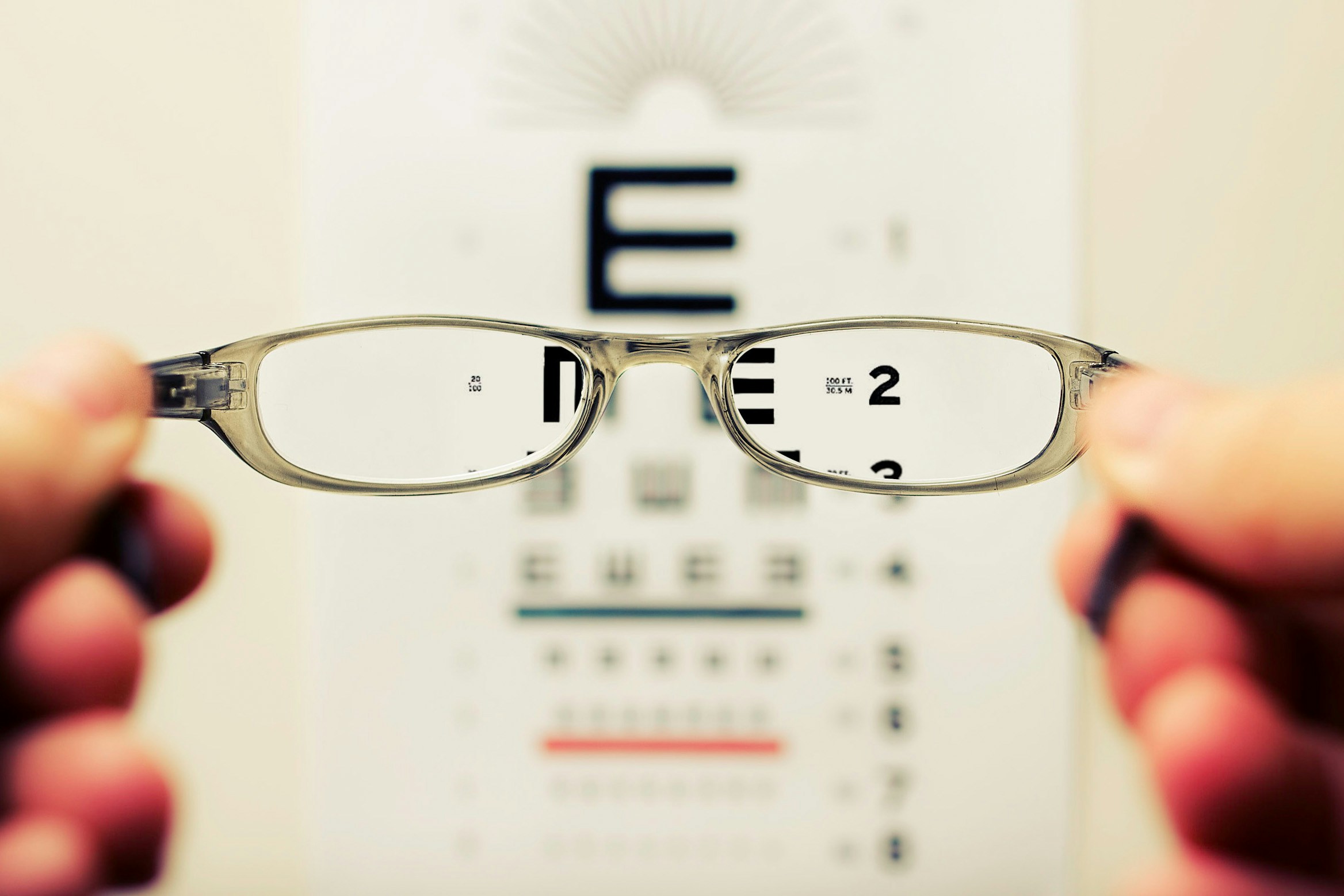NMC Fitness to Practise Committee Hearings and Meetings
If you’ve been referred to the NMC’s Fitness to Practise Committee following an investigation, you’ll face a critical decision: whether your case should proceed as a hearing or a meeting. This stage can have serious consequences for your registration, reputation, and future career. At Richard Nelson LLP, our specialist NMC defence lawyers can guide you through this process with clarity, confidence, and care to help you secure the best possible outcome.

Are There Alternatives to a Hearing or Meeting?
Depending on the circumstances, you may be able to resolve your case without attending a formal hearing or meeting. The two key alternatives are:
Consensual Panel Determination (CPD)
The NMC increasingly encourages resolution to fitness to practise investigations, without a full hearing, where all parties agree on:
- The factual allegations are being proven.
- That your fitness to practise is impaired.
- An appropriate sanction.
If agreed, the case is reviewed by a panel for approval, without the need for oral evidence or attendance. We have experience in negotiating successful CPDs, helping nurses and midwives avoid the stress and uncertainty of a full hearing.
Removal by Agreement
If a nurse/midwife is subject to an NMC fitness to practise investigation, and they have decided that they no longer wish to work as a nurse/midwife, they can apply to be removed from the register. However, this is an application that the NMC’s Assistant Registrar will need to agree to.
The Assistant Registrar is more likely to agree to an application for removal by agreement when the regulatory concern relates to the nurse/midwife’s health or a lack of knowledge of English. The Assistant Registrar is less likely to agree to allow the nurse/midwife to be removed if the concern relates to serious allegations of misconduct.
If the Assistant Registrar agrees to the application for removal by agreement, then there is no need for the nurse/midwife to attend a hearing before the NMC’s fitness to practise committee.
Should I Choose a Hearing or a Meeting?
Hearings
A hearing is appropriate where there are factual disputes or key witnesses need to give evidence and be cross-examined. You (or your lawyer) can present your case in person, question witnesses, and make legal submissions. Hearings are more formal and are usually held in public.
Meetings
A meeting is suitable where the facts are not in dispute. You submit your evidence and written representations in advance, but you do not attend in person. The panel considers your case on paper. While less adversarial, it is still a serious process and requires careful preparation.
We can advise you on which option is in your best interests and prepare all documentation to support your defence.
Contact UsNMC Fitness to Practise Committee Hearings: What to Expect
Where an NMC Fitness to Practise Committee hearing is necessary, the case will be heard in three distinct stages.
1. Are the allegations proven?
The factual allegations may be agreed, contested, or a mixture of the two. The NMC will present their case, which usually involves calling its witnesses to give evidence. The nurse/midwife or their legal representative will also have the opportunity to question the NMC’s witnesses, as will members of the Panel. The Nurse/Midwife then presents their evidence, including, where appropriate, giving evidence themselves. The Panel will then retire to consider the allegations and which, if any, are found proven.
If one or more allegations are found proven, the hearing will move to the second stage.
2. Is the Nurse/Midwife’s fitness to practise currently impaired?
The Panel will hear further evidence where appropriate, as well as oral submissions from both sides about whether, considering the factual findings, the nurse/midwife’s fitness to practise is currently impaired. The Panel will retire again to decide whether the nurse/midwife’s fitness to practise is impaired.
If so, they will move to the third stage.
3. What is the most appropriate sanction to impose?
The Panel will hear oral representations from the NMC’s lawyer and the nurse/midwife, or their legal representative, about the appropriate sanction to impose. They may also hear further evidence at this stage.
The Panel needs to ensure that the sanction imposed is proportionate and justified. They will consider aggravating features, such as a lack of insight, abuse of a position of trust, and a pattern of misconduct over a period, etc. They will also consider mitigating features, such as steps taken to remediate, a strong level of insight, further appropriate training undertaken, etc.
The available sanctions are:
- Taking no further action.
- A caution order for 1-5 years.
- A conditions of practice order (for up to 3 years).
- A suspension order (for up to 12 months).
- A striking off order.

Contact us
If you’ve been referred to the NMC’s Fitness to Practise Committee, early legal advice is essential. Our dedicated NMC lawyers have the experience, empathy, and expertise to protect your registration and guide you through this complex and high-stakes process.
Specialist solicitors
Our multidisciplinary team is made up of specialists in a wide range of services, which means you'll always be represented by an expert in your area.
No-strings initial call
Get in touch to arrange a no-obligation, fully confidential call to discuss your case and work out if you want to continue.
Nationwide support
Speak to solicitors in one of our offices throughout England and Wales, or arrange calls and remote meetings.
97%
rated on 
Proudly proving excellence
Contact our legal advice specialists today.
Get in touch
Use the form on the right to get in touch with our team and arrange an initial call to discuss your situation. We will use this no-obligation, fully confidential initial call to learn more about your case and help you understand your options going forward.
"*" indicates required fields







